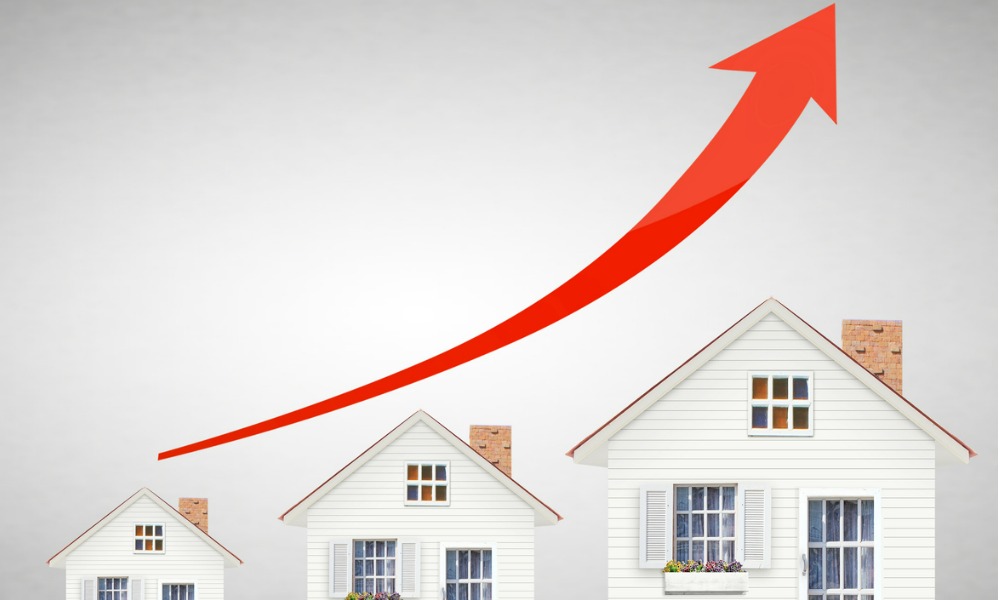A 12th rate increase could put an unprecedented burden on the average Australian mortgage repayment

A potential 12th interest rate hike could place an unprecedented burden on the average Australian mortgage repayment, which could hit its highest level in history. Economists are warning that the Reserve Bank may need to implement up to three more rate hikes in the coming months to control inflation.
Modelling by ANU's Centre for Social Research and Methods predicted indebted homeowners will allocate a quarter of their take-home pay towards mortgage obligations, The Australian reported. This is a 50% increase compared to pre-pandemic levels. In contrast, renters, on average, are spending a slightly lower share of their disposable income on housing costs, at 23%.
ANU associate professor Ben Phillips told The Australian that mortgage costs as a percentage of income are at record highs since 1984, primarily due to significant interest rate increases and higher levels of debt. The analysis assumed only one further rate hike this year, potentially occurring at the RBA's board meeting today.
The ANU analysis aligns with budget forecasts indicating that rent inflation will peak at approximately 8% this month, with a projected 6% increase throughout the year. The study also revealed that the poorest 20% of households face the highest housing cost burdens, with renters in this group projected to spend around 40% of their income on rent, down from 44% in 2019.
While low-income households continue to bear a greater share of their income on housing, recent years have seen modest rent increases, improved employment opportunities, and welfare payment rises, contributing to a more stable rental burden.
Read next: Minimum wage rise to boost rate increase pressure
Economists are raising their peak cash rate forecasts to 4.35%, with some predicting three quarter-point rate increases by August, The Australian reported. The prospect of higher interest rates is supported by RBA governor Philip Lowe's warnings about sustainable wage growth and recent inflation figures.
Rodrigo Catril, NAB's senior currency strategist, believes that a higher cash rate in Australia is inevitable, whether it occurs in the upcoming months or at the RBA meeting. Deutsche Bank predicts that a total of three quarter-point rate rises will be necessary to address the current economic conditions.
Peter Tulip, chief economist at the Centre for Independent Studies, suggested that the RBA should increase rates more swiftly to achieve its inflation target sooner, The Australian reported. He posited that inflation can be managed without a significant rise in other economic factors.
Rate impact yet to be fully felt
Despite limited evidence of mortgage distress at present, the true impact of rising rates is yet to be felt. The lag between RBA rate hikes and the presence of homeowners on fixed-rate mortgages has delayed the full effect. Only half of the 11 rate rises in the past year have affected total mortgage repayments for the 3.3 million households with mortgages, according to the RBA.
Gareth Aird, CBA's head of Australian economics, expects the most significant impact to be felt by recent entrants into the housing market who borrowed at higher income multiples during a period of low rates. He suggested that households would resort to cutting discretionary spending and seeking cheaper alternatives to meet the higher mortgage payments.
WhileAird said the consequences of the bank's battle against inflation would depend on both the level and duration of elevated rates. As time progresses, households may struggle to sustain mortgage repayments, even if they initially have payment buffers to rely on, he told The Australian.
Have something to say about this story? Let us know in the comments below.



